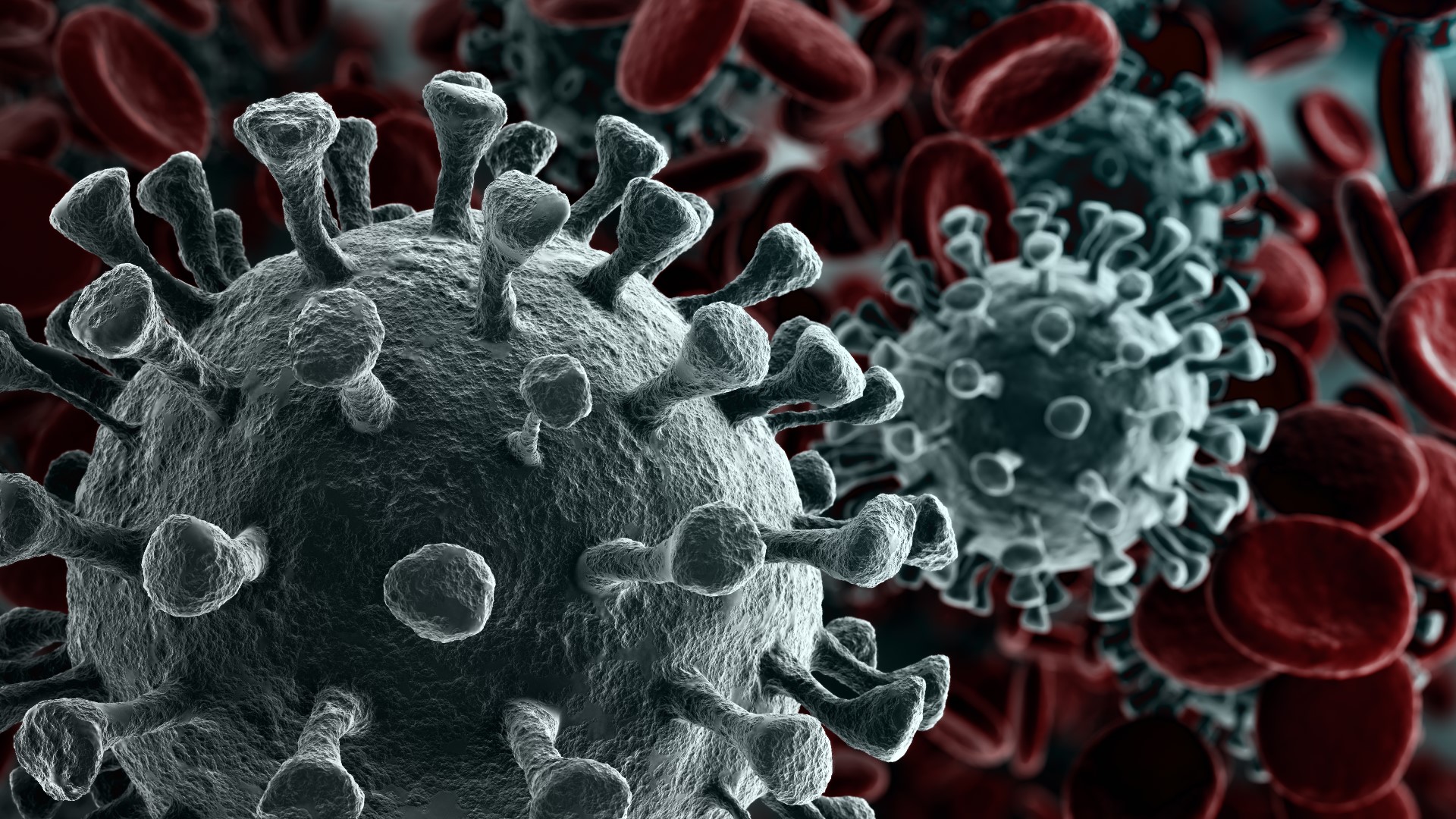NORFOLK, Va. — The BA.2 Omicron subvariant -- referred to as "Stealth Omicron"-- now makes up 68% percent of the COVID-19 cases in Virginia, according to research from the Virginia Department of Health and the Centers for Disease Control and Prevention.
This March, 13News Now reported that BA.2's prevalence among current cases sat at 20% at the time. Weeks later, it's now believed to have overtaken as the dominant strain and is expected to account for almost all of the cases within the state.
According to the UVA Biocomplexity Institute, in tandem with VDH, forecasting models suggest that the BA.2 variant may cause a minor surge even though case rates are still declining in most of the state.
The model suggests case rates may double by May and reach 20,000 weekly cases by June, with a peak expected in this particular scenario at some point in July.
In this scenario, the model projects these numbers based on the assumption that BA.2 is 30% more transmissible than the first Omicron variant.
According to Dr. Lisa Thanjan with VDH, those who have been both vaccinated and contracted COVID-19 are what's called as having "Hybrid Immunity." While this offers strong protection against contracting COVID-19 again, that immunity wanes over time, especially with the introduction of new COVID variants.
“Immunity can start to wear away, especially when you introduce new variants. That protection could be even lower," Dr. Thanjan said.
Advancement of treatment
Treating COVID within hospital settings has changed with each new variant.
"At the onset of this, the recommendation was to intubate early. Now, we hold off as long as we can and go with high flow oxygen," Chief Medical Officer at Chesapeake Regional Healthcare Dr. Raymond McCue said.
According to Dr. McCue, the large military presence and large port in Norfolk is an added obstacle that other areas do not necessarily have to deal with in their COVID response. He expects that moving forward, treatments for new and emerging surges will most likely look a lot like they currently do.
"Still using a lot of what's been talked about throughout. Remdesevir, some of the monoclonal antibody treatments have fallen by the wayside, the most recent one has shown to be a little less effective against Omicron. We're also supplementing with steroids to protect the lungs," McCue said.

